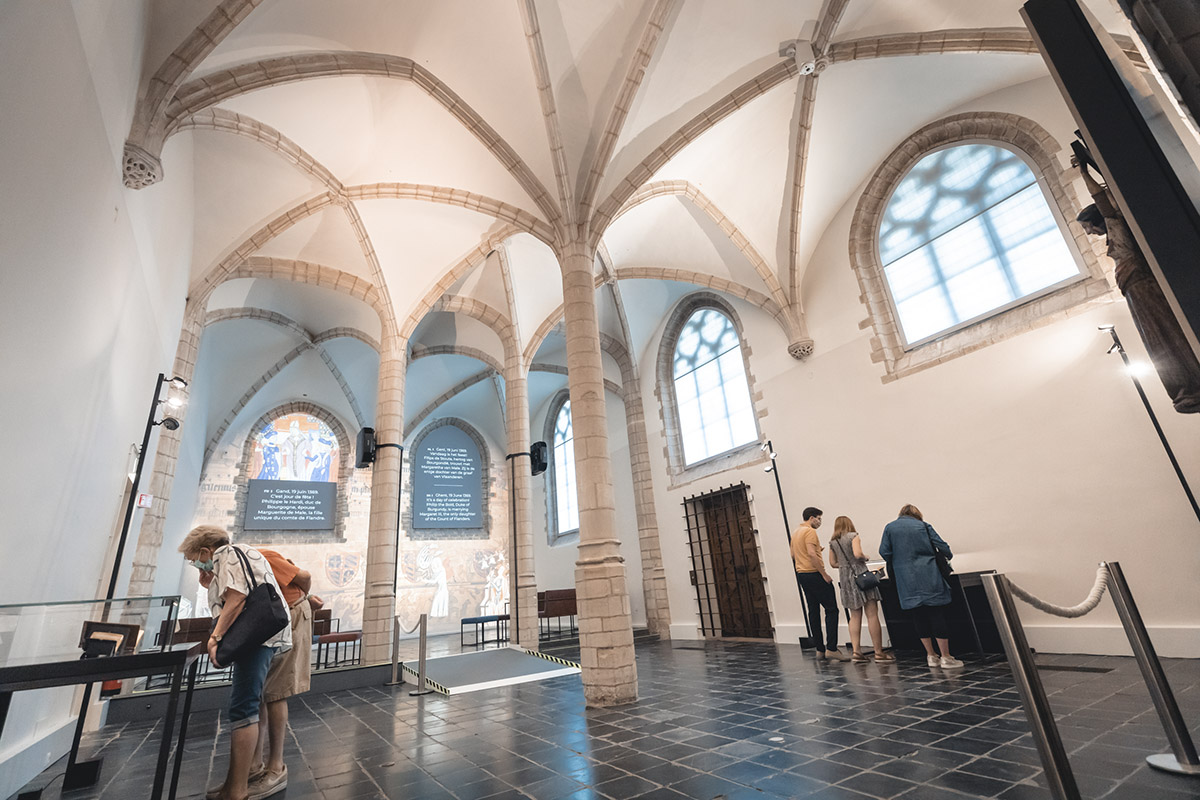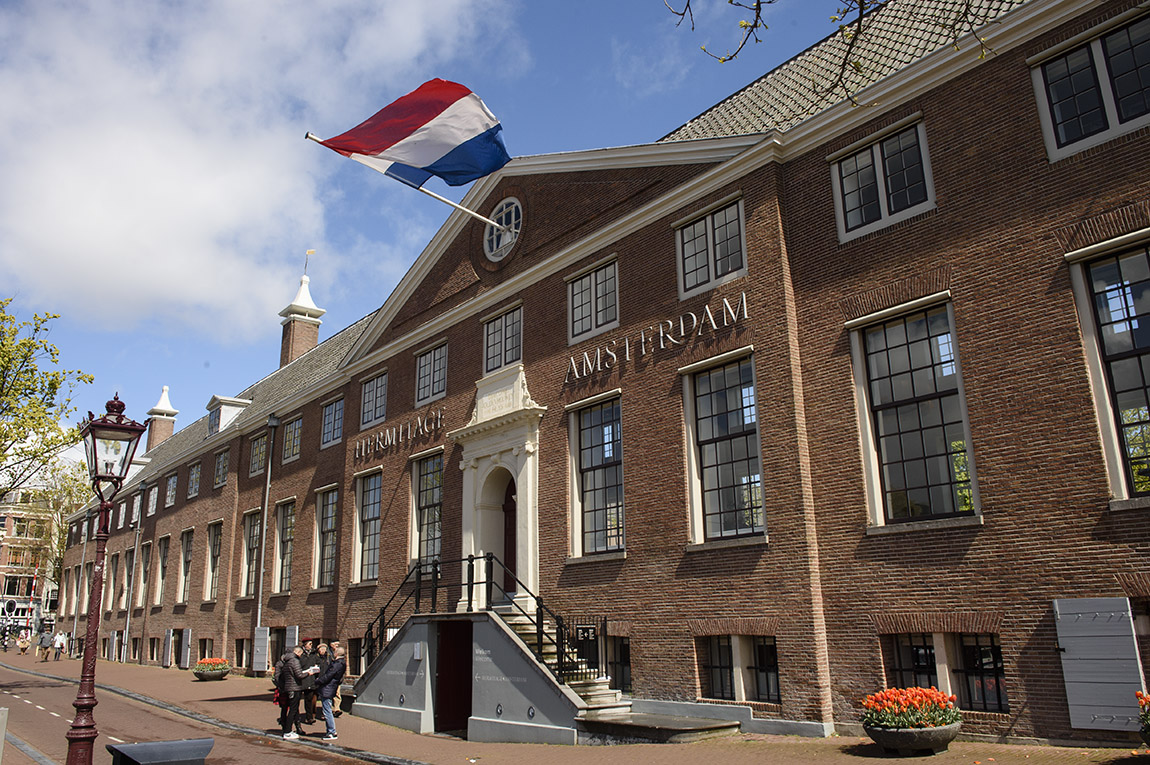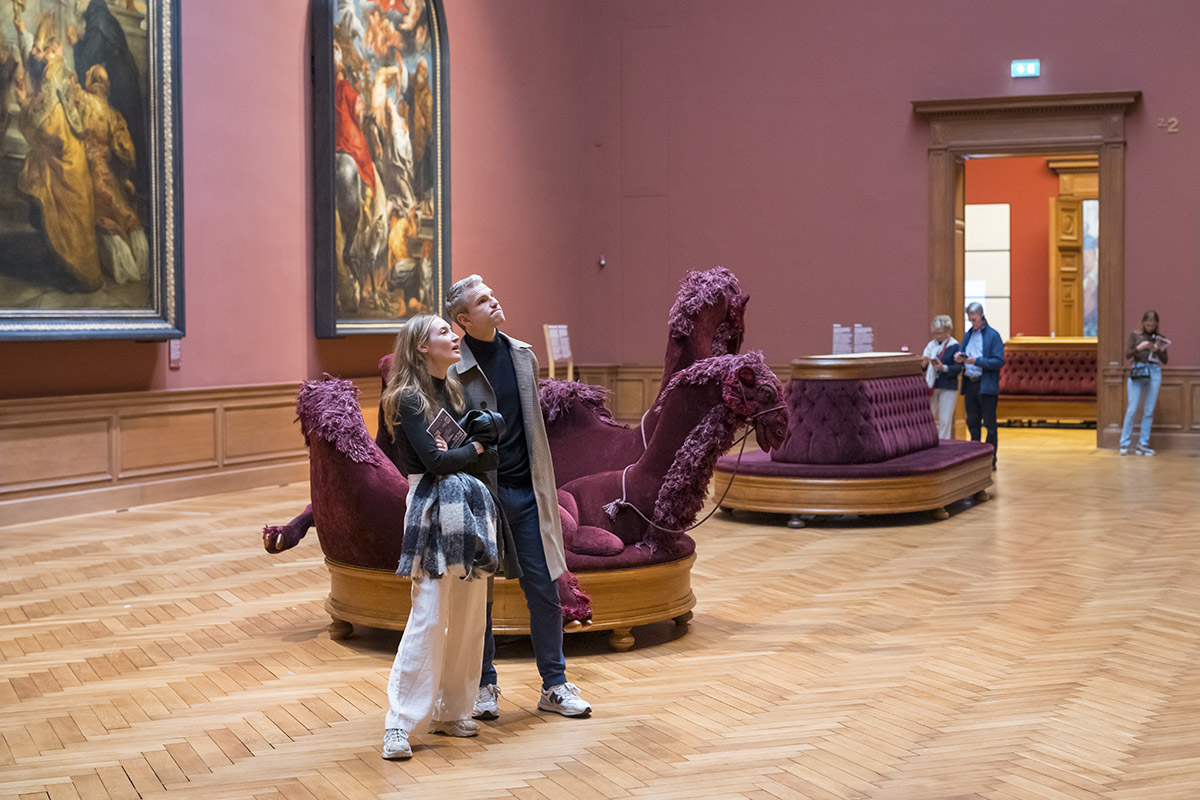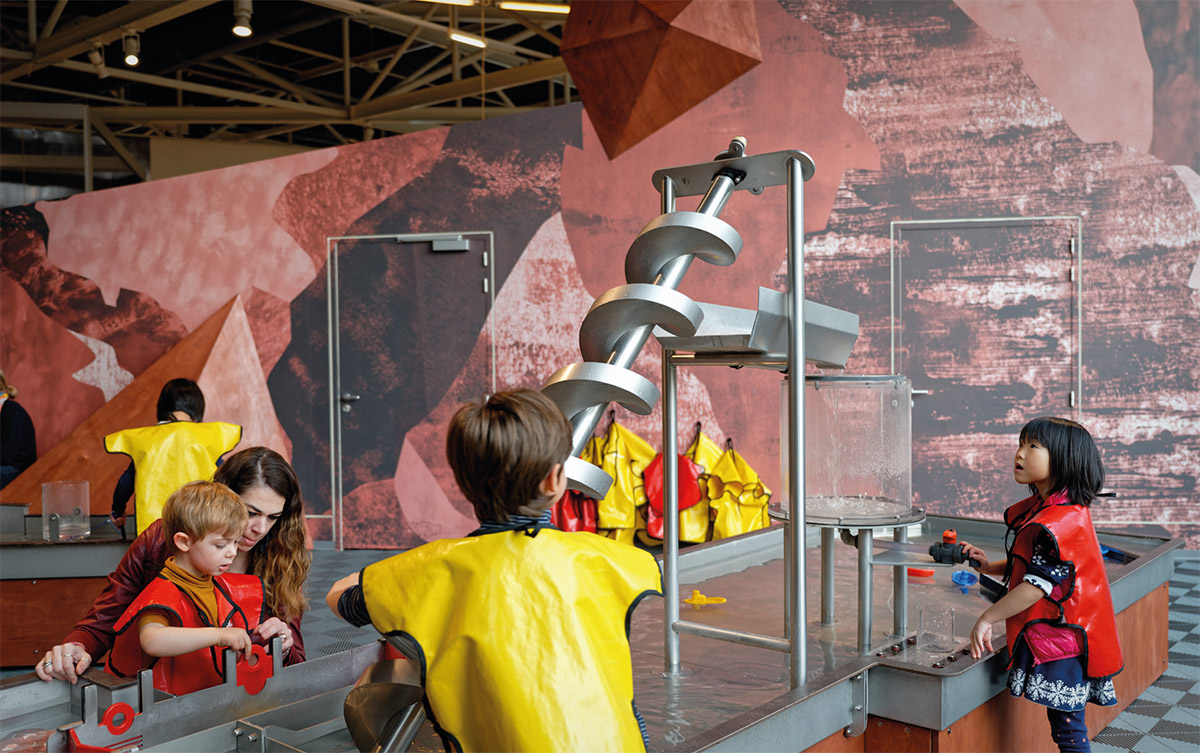Municipality Poperinge & Talbot House
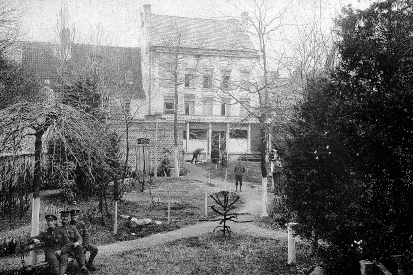
The touchable authenticity of Poperinge
TEXT: ELLA PUT | PHOTOS © WO1-ARCHIEF POPERINGE & TALBOT HOUSE
During the First World War, there was a small town where it seems as if the horrors of the war did not affect. A century later, the events of that time have been put in the past, but the stories are still very much alive in every corner of the Flemish town of Poperinge.
Situated about eight miles in the west of Ypres, the picturesque town of Poperinge played an important role during the First World War. Being one of the only two towns in Belgium not occupied by the Germans, the town proved to be a beacon of rest and hope for soldiers who were going to the battlefield as well as those who had just left it.
“Poperinge was unoccupied and therefore used as a safe area for British troops as well as field hospitals,” says Raf Craenhals, manager at Talbot House in Poperinge. Known by the English as Pop, the town formed an important link for soldiers and their families, especially in Talbot House.
Craenhals explains: “Talbot House was a place for rest and recreation where soldiers of all ranks could unwind and forget about the horrors of the field. It was ‘joie de vivre’ during war. One last time to enjoy life, because if you were sent into the battlefields the next day, it could also well be your last night.”
A place to reunite
With its convenient location, Poperinge was a busy transfer station where hundreds of troops on their way to and from the battlefields of Flanders were billeted. It was the perfect place for the British Army to open a resting house. Most soldiers were situated in camps outside of the town, with Poperinge becoming the place-to-be for nightlife and pleasure. The town, with only 10,000 inhabitants before the war, was suddenly home to 250,000 English-speaking soldiers, seeking refuge.
“Poperinge was a place where people were reunited. It is a cross road in the history of the First World War. Many stories come together here,” Annemie Morisse of the Municipality in Poperinge explains. “However, it was also a town where war ropes were held and executions took place. There were two elements, of fun and rest, as well as danger and war, that collided in this town. Therefore, it is an important historical landmark in history up until today.”
Soon followed restaurants, cinemas, concert halls, clubs and brothels that could provide the necessary entertainment for the young men invading the town. However, the popularity of Poperinge caused distress with the nearby town of Ypres. Whereas Ypres was tormented by the war and deserted, Poperinge was simply known as ‘the city of pleasure’.
Almost a century has gone by, but the history remains untouched and can be found on every street corner of the Flemish town. Even the architecture is the same. “Poperinge was not heavily bombed, and therefore it was not rebuilt after the war,” Morisse continues. “What is left are historic houses and churches, which is very unique for the region where other cities were bombed. This is something like ‘touchable authenticity’, in Poperinge.”
Little Paris
Today, Talbot House, as well as the city of Poperinge, offers a warm and friendly welcome stop in Flanders Fields. With its stunning architecture, the city is a must-see along the battlefields. Talbot House is now a museum, where visitors can get a lively and impressive overview during that time in history.
Known as ‘Little Paris’ during the First World War, a tour in Talbot House represents the liveliness of Poperinge during a time of political distress. The tour is given by actors, who play the roles of a British soldier and a Belgian civilian during that time. Showing visitors around the old hop barn, which was converted into a Concert Hall during the First World War, as well as the neatly maintained gardens which provide access to the Old House itself, guests can indulge in the military past of Flanders Fields and Poperinge.
Talbot House has kept the role of house of peace and rest for many years. In fact, it is still very much in use up until this day. Visitors can play the piano, step inside for a cup of tea, chat with one of the British wardens or spend the night in one of the rooms. Morisse emphasises: “the people and the city of Poperinge were here to help, not to fight.” And that mentality can still be found in Poperinge today. Telling the story of a time that once was, but is still so relevant up to today.”
Subscribe to Our Newsletter
Receive our monthly newsletter by email
